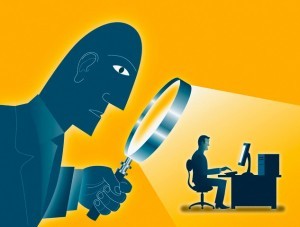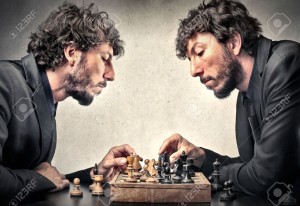The days of losing our emails or documents because we forgot to save our work are almost over. Software such as Word or services like Gmail, auto save your work at regular intervals so that in the event your computer crashes or your connection is lost, you’ll still have a draft somewhere. There is no doubt, the auto save feature is extremely helpful.
An email message can go through quite a number of iterations before it is sent. What can we learn about a person based on how they come to a final version of an email? And what can we learn about the relationship between the person sending the email and the person receiving the email? I think there is just as much information in what we choose NOT to share as there is in what we choose to share. Facebook appears to agree. http://www.slate.com/articles/technology/future_tense/2013/12/facebook_self_censorship_what_happens_to_the_posts_you_don_t_publish.html
Facebook keeps the information that you choose to share and the information that you don’t choose to share. That’s an immense amount of data. If correlated and analyzed properly, it could shed light on quite a bit about our minds and personalities.
Very few of us are free from conflicting thoughts and emotions. We are not single minded, rather, we are all a collection of desires and beliefs that are sometimes at odds with each other. For example, the internal debate you might have over picking junk food vs health food for dinner. Using two chess players as an analogy, the mind plays against itself at times. As with chess, and many other games, you can learn a lot about the players based on how they play.
Some of these intellectual battles come to the surface when we communicate with other people. They happen almost too quickly to be analyzed when we are talking. Except in cases of parapraxis, Freudian slips. Writing an email is a much slower process. And there is a physical record of changes made to the communicated message. The folks over at Google, owners of Gmail, are experts at collecting data and analyzing it. They’re sitting on a treasure trove of information about the human condition. I’m hopeful that it will be shared and used to help in areas such as anti terrorism and mental health.













